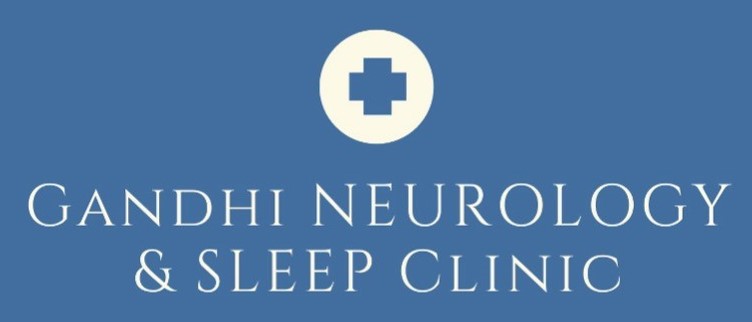Headaches and Migraines
Are persistent headaches and migraines disrupting your daily life? Find relief and reclaim control with our advanced treatments at Gandhi Neurology.
Our team specializes in treatments to help alleviate headaches and migraines. Using cutting-edge diagnostic techniques and personalized treatment plans, we aim to improve your quality of life by offering innovative solutions tailored to your unique needs and goals.
Treatment Options
Headaches and migraines are common neurological conditions that can significantly impact quality of life. Treatment approaches vary depending on the type, frequency, and severity of headaches or migraines experienced by an individual.
Here are some common treatments for headaches and migraines:
Over-the-Counter (OTC) Medications:
Nonsteroidal anti-inflammatory drugs (NSAIDs) such as ibuprofen (Advil, Motrin) or naproxen (Aleve) can help relieve mild to moderate headaches.
Acetaminophen (Tylenol) may also be effective for some individuals.
Prescription Medications:
Triptans: These medications, such as sumatriptan (Imitrex), rizatriptan (Maxalt), and eletriptan (Relpax), are commonly used to treat migraines by constricting blood vessels and reducing inflammation in the brain.
Ergotamine derivatives: Drugs like ergotamine (Ergomar) and dihydroergotamine (D.H.E. 45) are sometimes used for migraines, particularly when triptans are ineffective or contraindicated.
Preventive medications: Certain medications, including beta-blockers, antidepressants, anticonvulsants, and calcium channel blockers, may be prescribed to reduce the frequency and severity of migraines for individuals with frequent or severe attacks.
Pain Management Therapies:
Analgesic injections: Injections of medications such as lidocaine or corticosteroids may provide relief for individuals with severe or chronic headaches.
Nerve blocks: Local anesthetics or steroids can be injected into specific nerves involved in headache pain to provide temporary relief.
Occipital nerve stimulation: This involves implanting electrodes near the occipital nerves at the base of the skull to provide continuous electrical stimulation, which may reduce headache frequency and intensity.
Lifestyle Modifications:
Stress management techniques: Practices such as relaxation exercises, mindfulness meditation, and biofeedback can help reduce stress levels, which may trigger or exacerbate headaches.
Regular exercise: Engaging in moderate aerobic exercise for at least 30 minutes most days of the week can help prevent headaches and improve overall health.
Adequate sleep: Maintaining a regular sleep schedule and getting enough sleep each night (typically 7-9 hours for adults) can help prevent headaches.
Dietary changes: Avoiding potential triggers such as caffeine, alcohol, artificial sweeteners, processed foods, and certain food additives may help reduce the frequency of migraines for some individuals.
Alternative Therapies:
Acupuncture: This traditional Chinese therapy involves inserting thin needles into specific points on the body to relieve pain and promote relaxation.
Herbal supplements: Some herbs and supplements, such as feverfew, butterbur, magnesium, and riboflavin (vitamin B2), may help prevent or reduce the frequency of migraines in some individuals.
Massage therapy: Therapeutic massage can help relax muscles, relieve tension, and reduce stress, which may alleviate headache symptoms.
Behavioral Therapies:
Cognitive-behavioral therapy (CBT): CBT techniques can help individuals identify and modify negative thought patterns and behaviors that contribute to headaches or migraines.
Biofeedback: This therapy uses electronic devices to monitor physiological responses such as muscle tension, heart rate, and skin temperature, allowing individuals to learn how to control these responses to reduce headache frequency and severity.
It’s important for individuals experiencing frequent or severe headaches or migraines to consult with a neurologist to determine the most appropriate treatment approach for their specific needs. A comprehensive treatment plan may involve a combination of medications, lifestyle modifications, and other therapies to effectively manage symptoms and improve quality of life.
